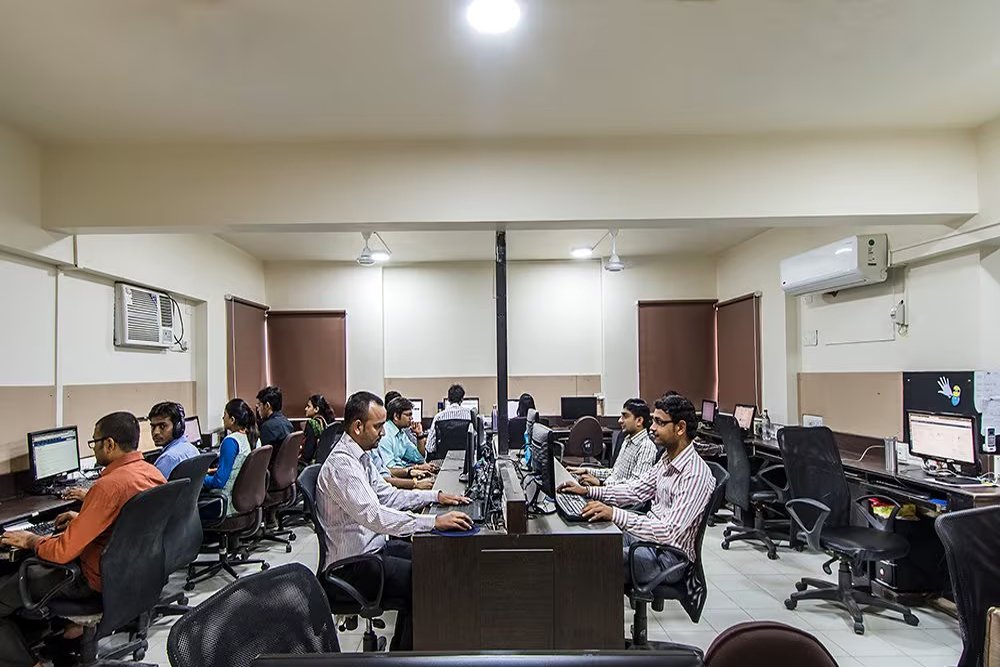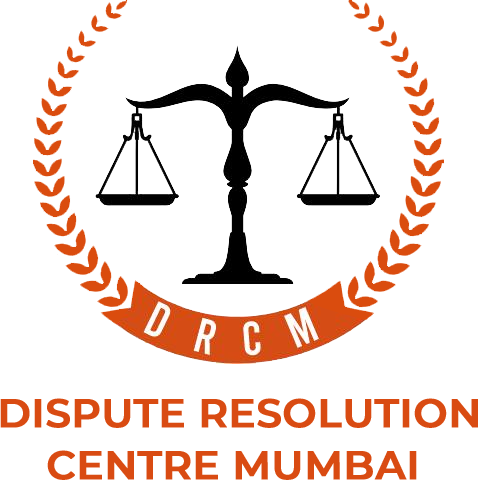Negotiation
We offer negotiation services to help parties resolve disputes through direct discussions. Our skilled negotiators guide the process, ensuring that all parties’ interests are considered and that a fair and equitable resolution is achieved.
What is Negotiation?
Negotiation is a fundamental process in which two or more parties engage in dialogue to reach a mutually beneficial agreement or resolve a conflict. It involves the exchange of proposals and counter-proposals, aiming to find common ground and resolve differences. Unlike other dispute resolution methods such as litigation or arbitration, negotiation is a direct, informal, and voluntary process that relies heavily on the parties’ willingness to cooperate and communicate effectively. This process can be used in various contexts, including business dealings, legal disputes, and personal conflicts, making it a versatile and essential tool for conflict resolution.
WHY CHOOSE US
Why choose Negotiation at DRCM?

Voluntary Participation
Negotiation at DRCM is a voluntary process, meaning all parties engage willingly and are motivated to reach an agreement. This voluntary nature ensures that any resolution achieved is more likely to be accepted and adhered to by all parties involved.

Control Over The Outcome
Unlike in arbitration or litigation, where a third party imposes a decision, negotiation allows the parties themselves to control the outcome. This control fosters a sense of ownership and satisfaction with the agreement reached.

Cost-Effective
Negotiation is generally less costly compared to formal legal proceedings. At DRCM, we ensure that the negotiation process is affordable, making it accessible to individuals and organizations alike.

Time-Efficient
Negotiation can be a quicker process than other forms of dispute resolution. By avoiding the lengthy procedures of court cases or arbitration, parties can resolve their disputes promptly, minimizing disruption and stress.

Confidentiality
The negotiation process at DRCM is confidential, ensuring that discussions and any agreements made are kept private. This confidentiality can encourage more open and honest communication between the parties.

Preservation of Relationships
Negotiation emphasizes collaboration and mutual benefit, which can help preserve or even strengthen relationships between the parties. This is particularly important in business contexts or disputes involving ongoing relationships.

Flexibility
Negotiation is highly flexible and can be adapted to the specific needs and circumstances of the parties. This flexibility allows for creative solutions that might not be possible in more rigid legal frameworks.

Expert Facilitation
At DRCM, our experienced facilitators guide the negotiation process, ensuring that it remains productive and focused. Their expertise in negotiation techniques can help parties navigate complex issues and reach a satisfactory resolution.

Minimized Adversarial Conflict
The collaborative nature of negotiation reduces the adversarial conflict often seen in litigation or arbitration. This approach promotes a more amicable resolution, which can be particularly beneficial in disputes where future interactions are expected.

Empowerment
Negotiation empowers parties by involving them directly in the resolution process. This empowerment can lead to more sustainable and satisfactory outcomes, as parties are more likely to comply with agreements they had a hand in shaping.

Tailored Solutions
The negotiation process at DRCM allows for tailored solutions that address the specific interests and needs of the parties involved. This customization can lead to more effective and lasting resolutions.

Reduced Stress
The informal and collaborative nature of negotiation can reduce the stress and anxiety associated with more adversarial forms of dispute resolution. This reduced stress can lead to more productive discussions and better outcomes.
Mediation Process
Steps to resolve dispute
1. Register on DRCM Portal.
2. File a new dispute.
3. Select intermediary against whom you wish to file a dispute.
4. Select Category
5. Enter Dispute details
6. Payment of fees online
7. Track resolution process on DRCM Timeline.
2. File a new dispute.
3. Select intermediary against whom you wish to file a dispute.
4. Select Category
5. Enter Dispute details
6. Payment of fees online
7. Track resolution process on DRCM Timeline.
Call Now
